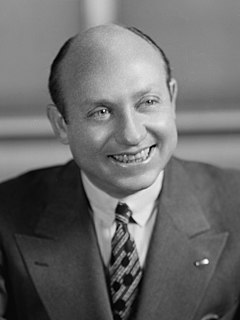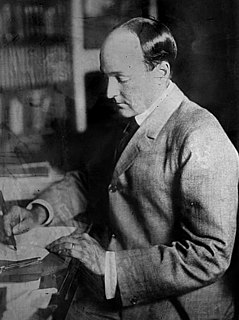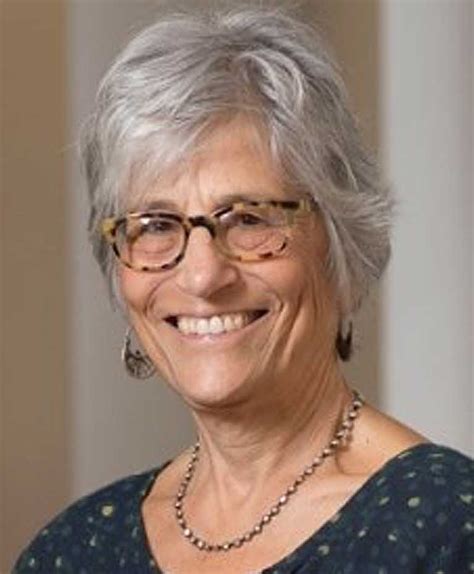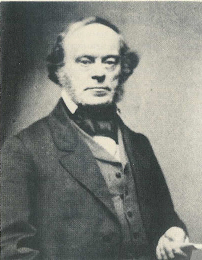A Quote by Immanuel Kant
Related Quotes
Birth leads to death, death precedes birth. So if you want to see life as it really is, it is rounded on both the sides by death. Death is the beginning and death is again the end, and life is just the illusion in between. You feel alive between two deaths; the passage joining one death to another you call life. Buddha says this is not life. This life is dukkha - misery. This life is death.
The acceptability of birth control has always depended on a morality that separates sex from reproduction. In the nineteenth century, when the birth control movement began, such a separation was widely considered immoral. The eventual widespread public acceptance of birth control required a major reorientation of sexual values.
Those who say they dislike dogma, or 'certainty', tend to be liars, hypocrites, or simply wrong. What they really dislike is the dogma of those they disagree with. A society that was certain, certain beyond all certainty, that putting its citizens in death camps was wrong, would never put people in death camps. Such things are only possible when you're open to new ideas.
At physical death man loses his consciousness of the flesh and becomes conscious of his astral body in the astral world. Thus physical death is astral birth. Later, he passes from the consciousness of luminous astral birth to the consciousness of dark astral death and awakens in a new physical body. Thus astral death is physical birth. These recurrent cycles of physical and astral encasements are the ineluctable destiny of all unenlightened men.
When one existentially awakens from within, the relation of birth-and-death is not seen as a sequential change from the former to the latter. Rather, living as it is, is no more than dying, and at the same time there is no living separate from dying. This means that life itself is death and death itself is life. That is, we do not shift sequentially from birth to death, but undergo living-dying in each and every moment.









































